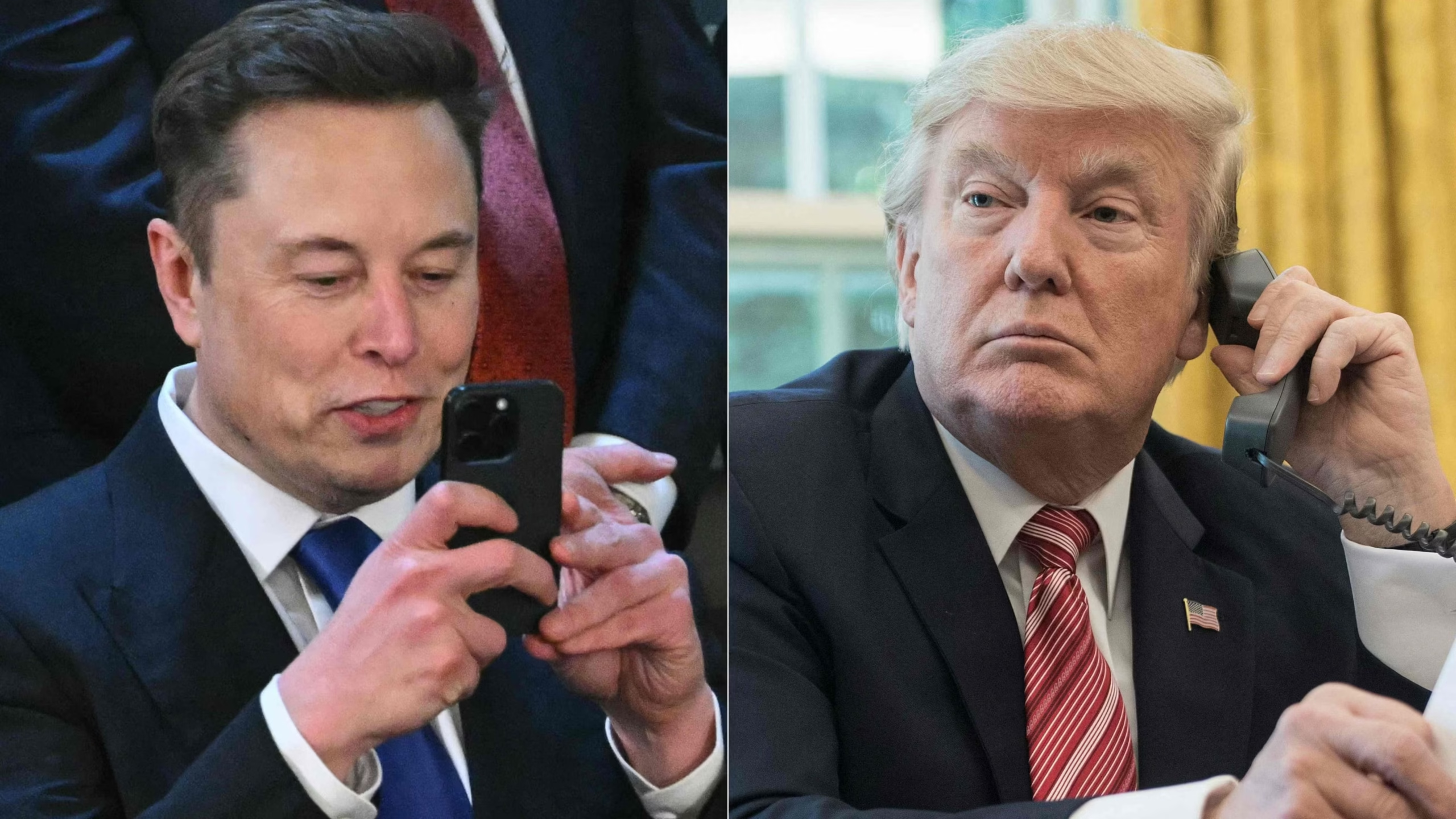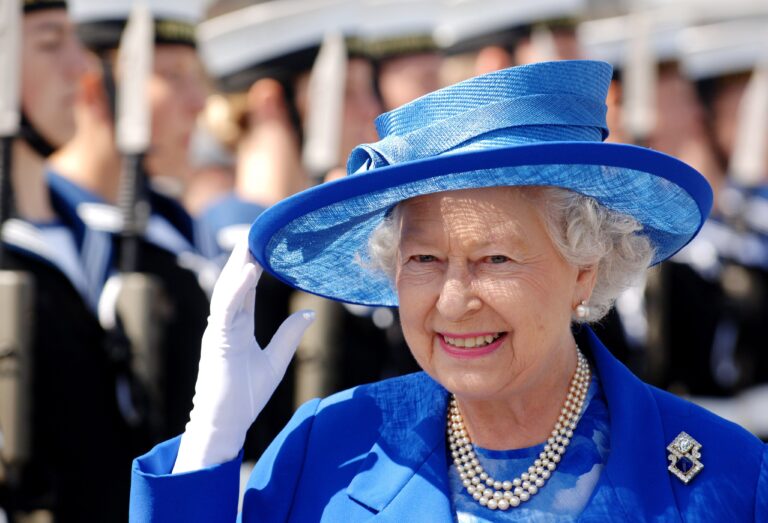
The intersection of politics, power, and influence has always shaped American leadership. Recently, discussions around former President Donald Trump and billionaire Elon Musk have drawn comparisons to Richard Nixon’s presidency—raising questions about loyalty, disruption, and the future of U.S. governance.
Trump’s Unconventional Influence
Donald Trump remains a dominant force in Republican politics, with a loyal base that rivals historical political movements. His ability to command media attention and reshape party priorities mirrors Nixon’s strategic maneuvering in the 1970s. Both leaders capitalized on populist sentiment, though their methods and legacies differ significantly.
Elon Musk: A New Kind of Kingmaker?
Elon Musk, the tech mogul behind Tesla and SpaceX, has increasingly waded into political discourse. His vocal support for Trump and controversial public statements position him as an unconventional power broker—much like Nixon’s allies in media and business. Musk’s influence over public opinion through platforms like X (formerly Twitter) adds a modern twist to political kingmaking.
Nixon Parallels: Loyalty, Power, and Scandal
Richard Nixon’s presidency was defined by both strategic brilliance and eventual downfall. His reliance on a tight inner circle and aggressive tactics offers lessons for today’s political landscape. Trump’s legal battles and Musk’s public feuds echo Nixon’s combative style, though the long-term consequences remain uncertain.
What This Means for 2024 and Beyond
As Trump eyes another presidential run and Musk expands his political footprint, their alliance could redefine leadership dynamics. Will loyalty outweigh scrutiny? Can disruptive figures sustain power without backlash? The Nixon comparison provides a framework—but the digital age introduces new challenges.







